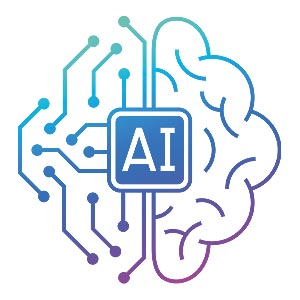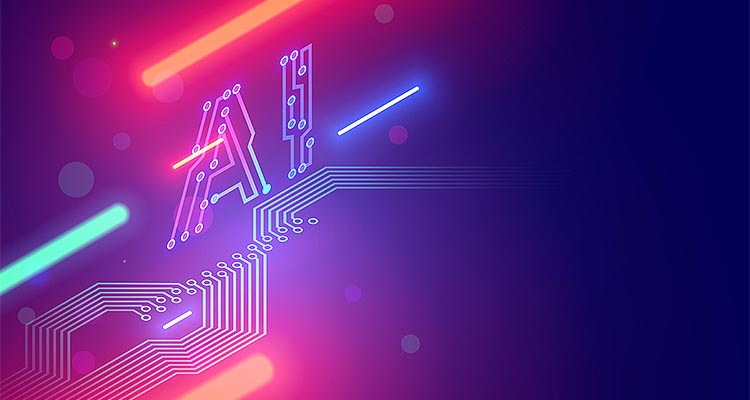How AI is revolutionising the industry
The global construction industry is on the cusp of a significant transformation. Driven by growth that saw generative AI in the construction market balloon from $164 million in 2022 to $3.3 billion in 2023, artificial intelligence (AI) is poised to reshape the construction process from top to bottom. This surge in AI adoption is fuelled by the industry’s growing recognition of the technology’s potential to address some of its most pressing challenges and propel it toward a future of greater efficiency, sustainability, and safety.
A history of tentative tech adoption
While the construction industry has historically been somewhat resistant to technological advancements, recent years have witnessed a significant acceleration in digital collaboration both in the office and the field. Cloud-based project management platforms, for instance, have become commonplace, streamlining communication, and fostering better coordination between teams.

However, pockets of hesitancy regarding AI adoption persist. Construction leads all major industries in its reluctance to use (much less embrace) AI technology, partially due to the industry’s complex and often siloed nature. Despite these lingering reservations, a recent Yooz survey revealed a wave of optimism among millennial construction workers who believe in the ethical and effective application of AI and other emerging technologies.
AI: building a more innovative future
Despite the passing of a few years, the Covid-19 pandemic and its remote work mandates made clear some glaring vulnerabilities of the construction industry in the areas of communication, project management, site monitoring, and cybersecurity. Today, construction companies seek to shore up these weaknesses, and AI is emerging as a powerful ally.
According to Research Dive, most AI opportunities for construction lie within the realm of project management.
- Project design and planning: AI analyses vast datasets to suggest optimal design strategies based on past project data
- Automation: process automation thanks to AI can help lower worker density
- Resource allocation: AI optimises resource allocation and streamlines building processes for maximum efficiency and minimal waste
- Generative design: AI-powered models can create innovative and sustainable design solutions that enhance aesthetics, functionality, and energy efficiency
- Fleet management: AI can predict maintenance needs and optimise routes, reducing downtime and costs
Regarding the back office, AI-driven financial solutions can eliminate time-intensive tasks so team members can devote their time to business growth and strategy. What previously would take hours, AI can automate, significantly reducing the time and effort spent while minimising the risk of errors. And, according to Research Dive, low cash flow has had a substantial negative influence on the industry, which has led to construction firms closing shop because of poor financial liquidity. AI-powered automation can speed up review and payment cycles, improving firms’ cash flow as a result – which is crucial when every dollar counts.
AI in construction: apprehensions, challenges, and considerations
Survey data from Yooz paints a more nuanced picture of AI adoption in construction. While the industry is aware of the potential benefits of AI, there’s still apprehension about its impact on jobs and ethical considerations. Some key takeaways highlight the reasons for this pushback.
apprehension about its impact on jobs and ethical considerations. Some key takeaways highlight the reasons for this pushback.
- Construction workers have the highest resistance towards AI, with 55 per cent of baby boomers fearing AI-driven job loss
- Construction respondents are more familiar with the negative uses of AI (like phishing) than its potential benefits
- Despite these concerns, the industry is more optimistic about ethical AI use than others, with 65 per cent of millennials believing in its responsible application
- Social media is the primary source of AI news for construction professionals, followed by news websites and podcasts. However, most respondents would like to see more balanced reporting about AI’s impact
In addition to the broad sentiments towards AI, there are some genuine challenges to consider and address before the construction industry is ready to go all-in on AI.
For example, as AI relies heavily on data, data privacy and security concerns demand robust cybersecurity measures to protect sensitive project information. In addition, the construction industry operates within a complex regulatory landscape where compliance is mandatory, not optional. AI solutions must comply with all relevant safety and building codes. Finally, adopting AI requires investing in training to equip construction professionals with the skills they need to use the technology effectively.
AI’s evolution, human ingenuity and the future of construction
The future of construction is brimming with exciting possibilities driven by AI. Just imagine autonomous vehicles handling excavation, grading, and paving with tireless efficiency, and financial automation, expediting project timelines and improving cash flow. Building Information Modeling (BIM) will be supercharged by AI, streamlining and optimising designs in real time. And forget downtime due to equipment failure – AI-powered predictive maintenance will anticipate needs, extending equipment life and saving resources.
Construction sites will become intelligent ecosystems, with sensor networks feeding real-time data to AI for on-the-fly workflow optimisation. AI wearables that monitor health and hazards will also revolutionise worker safety, preventing accidents and creating a safer work environment. The future of construction is intelligent, efficient, and safer – all thanks to AI.
Yet, while AI promises to revolutionise our industry, we must remember that human ingenuity and expertise will be all-the-more essential. AI isn’t a replacement for the professionals who design, build, and maintain our infrastructures, and the teams that support them, but a powerful tool that can augment human capabilities, improve efficiency, and minimise risks throughout the construction lifecycle.
The future of construction is one of collaboration, where human ingenuity and cutting-edge technology work together to build a more sustainable, efficient, and safe building environment.
By Laurent Charpentier
For a list of the sources used in this article, please contact the editor.
Laurent Charpentier heads Yooz North America as the CEO. Yooz provides the smartest, most powerful, and easiest-to-use cloud-based E-invoicing and Purchase-to-Pay (P2P) automation solution. It delivers unmatched savings, speed, and security with affordable zero-risk subscriptions to more than 5000 customers and 300,000 users worldwide. Yooz’s unique solution leverages Artificial Intelligence and RPA technologies to deliver an amazing level of automation with extreme simplicity, traceability, and end-to-end customisable features.
